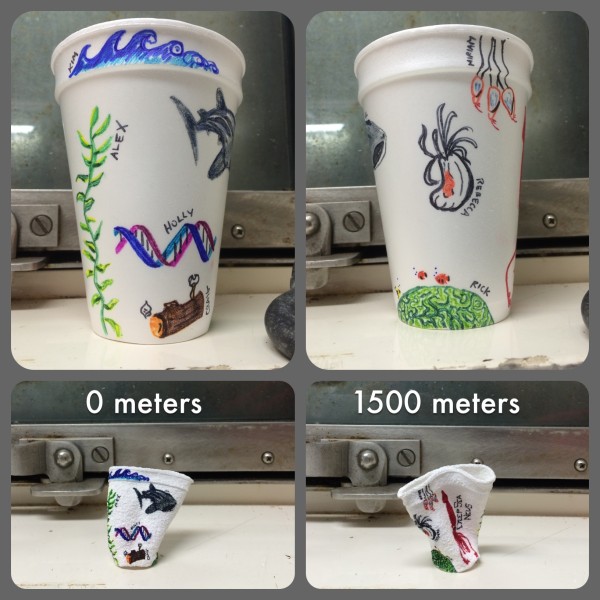Scandi Red
Hates Music.
- Joined
- Sep 25, 2022
- Messages
- 6,846
The whole thing became a meme, peaking at a time when their relatives must have been frantic with worry and this kid was either dying the most horrendous death imaginable, or already dead. I know this might come across as a bit po-faced and I'm not demanding that anyone should mourn strangers but the whole thing reflected badly on everyone involved in the pile-on. The lack of basic human empathy was grim. Even more so when so much of it was coming from people who would probably think of themselves as belonging to the compassionate end of the political spectrum.
Can you imagine the reaction if the same "hilarious" meme frenzy happened when those Thai kids were trapped in the cave? How furious everyone would be? Yet here we are, not showing a hint of compassion towards people in a similarly horrific scenario because the culture war deems them as bad people, whose trauma means nothing to us. That's fecked up.
I don't think that the Thai kids in the cave is a fair comparison, but I'm not sure if I wanna go down that road now..




